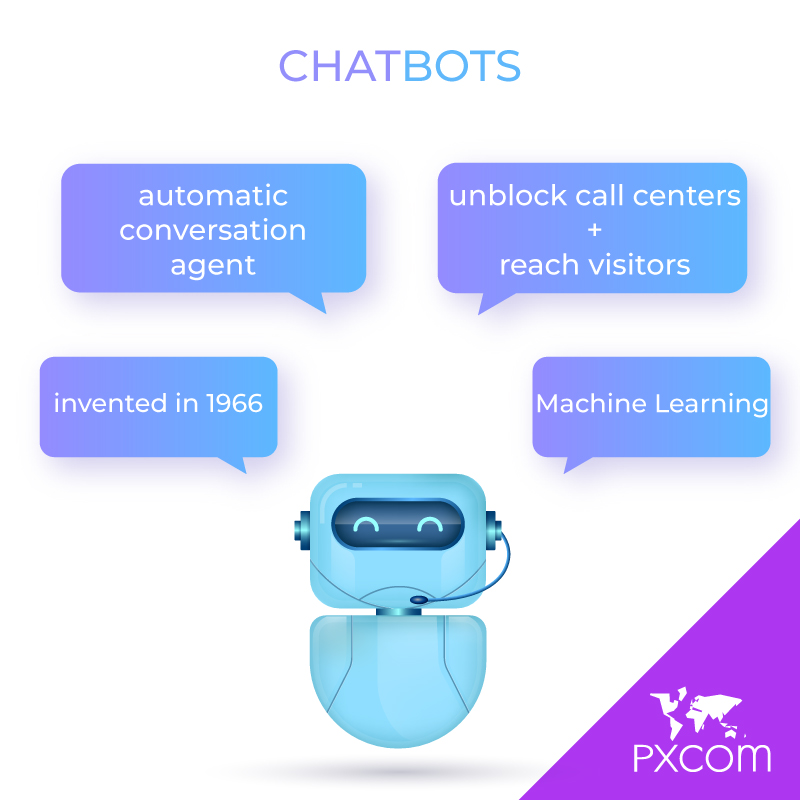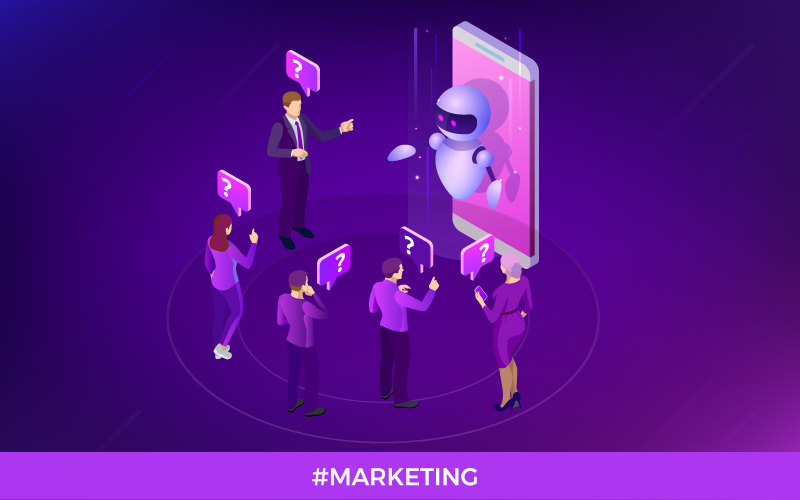During the last IFTM Top Résa fair in Paris, which celebrated its 40th anniversary in 2018, 2 conferences dedicated to social media focused on the 2018 trends — the profitable ones for tourism experts and the important role of chatbots to gain in efficiency and boost conversion.

The tourism industry falls in love with chatbots
A conversation agent able to learn
Little reminder: the word chatbot is the combination of chat and robot and refers to an intelligent conversation agent. In other words, a software able to talk like a person. If the word is recent, the concept is not since it has been invented in 1966.
The original chatbot used questions and answers libraries. Thanks to the progress of artificial intelligence, the chatbot is now better at analyzing and understanding the users’ messages, combining language treatment technologies and machine learning.
The enthusiasm of tourism experts to unblock their call centers
For nearly 2 years, big players have had a lot of enthusiasm for chatbots, such as the SNCF (French railway company), airlines (KLM, British Airways, Lufthansa…), booking platforms (Booking, TripAdvisor, Transavia…), Mercure hotels, Costa Cruises and many restaurants. The latter have a specialized chatbot tool ready for use.
All these tourism experts bet on chatbots for 2 main reasons. The first one: to unblock their call centers. The chatbot can indeed answer many simple requests on menus, availability, prices, waiting time, services and can also do simple bookings (parking spots, restaurant tables…).
The automatic chatbot to reach visitors
The second reason: to reach their visitors (Facebook page, website…) by offering their help online. The chatbot automatically turns on by starting the conversation with “Hello, how can I help you?”, or other messages, aiming to transform the visitor into a buyer.
The chatbot is indeed a relevant tool to qualify a prospect: it starts a conversation and then the prospect chats with a real person without noticing the change, if the chatbot is well-built. But let’s not dream too much, a chatbot alone couldn’t sell a personalized travel to someone, for example: its cognitive capacities are still limited, and its implementation is sometimes not mastered.It can also be disappointing, as this article from l’Echo Touristique from Feb 2018 explains.
The human being is still essential to manage the customer relations and the conversation process. The chatbot must only be seen as an extra help to make tour operators, hoteliers, restaurant owners, and airlines save time. However, this technology is constantly evolving and deserve a close observation. Next step: the talking chatbot, or “voicebot”.






